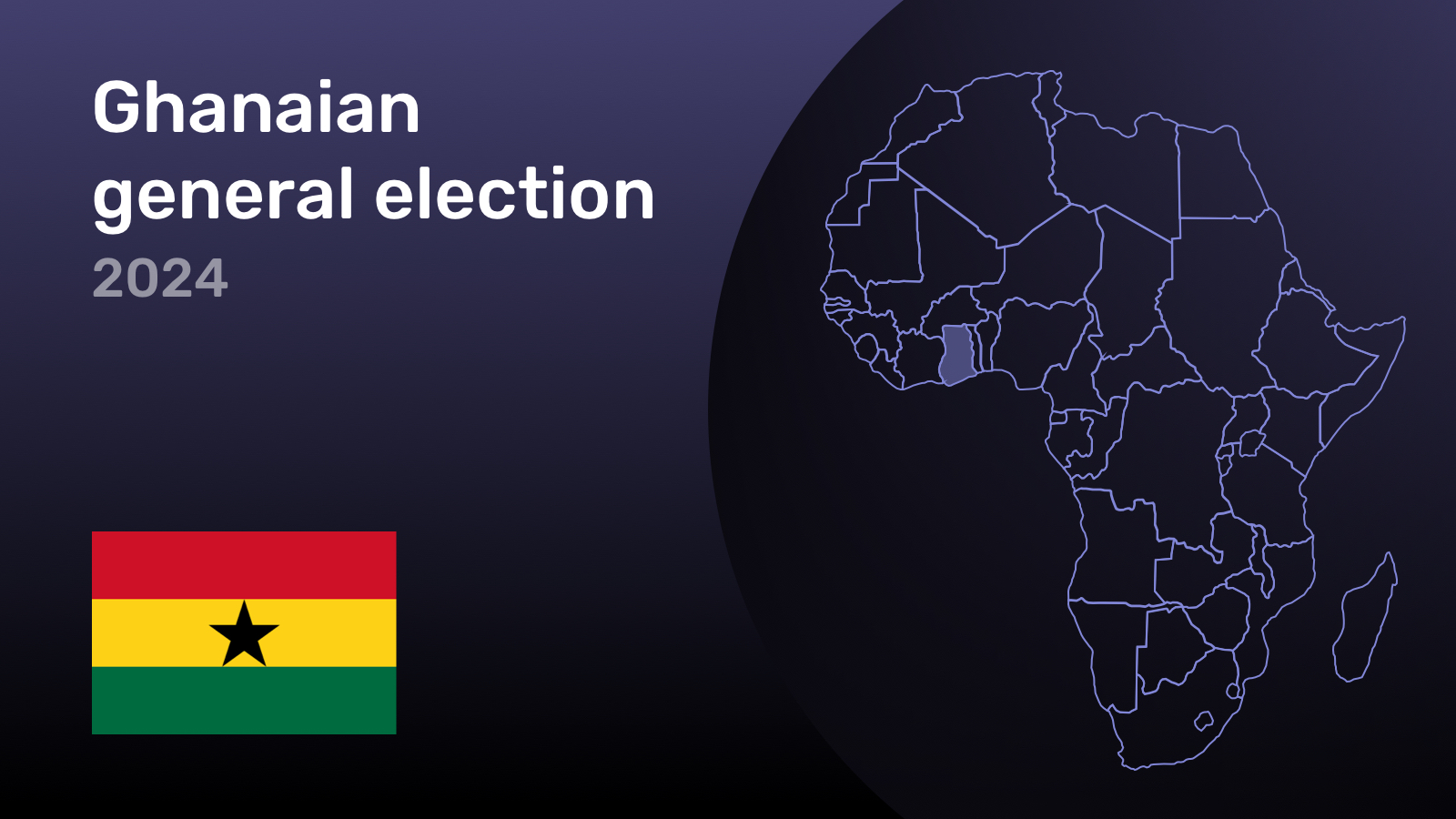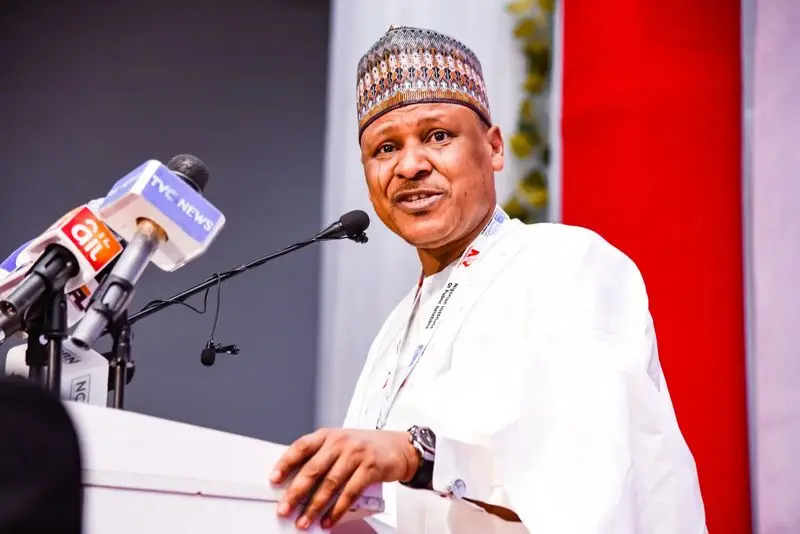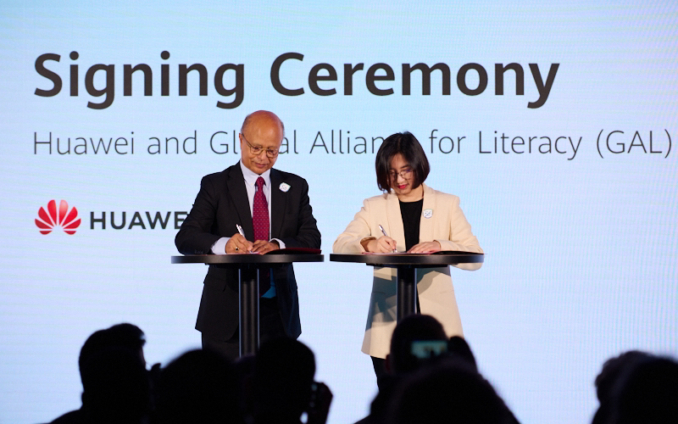Triggerfish, a prominent animation studio based in Cape Town, has partnered with UNESCO to launch The Creator Labs, an innovative initiative to empower women in African animation.
This programme, launched on December 9, 2024, addresses gender inequities in the industry, contributing $5 billion to Africa’s GDP and employing over 5 million people.
Women, particularly women of colour, continue to be under-represented in positions of authority despite the stunning statistics shown here.
Read also: Global MIL Week 2024: How UNESCO is tackling Africa’s digital misinformation crisis
Empowering women through education
The Creator Labs will offer two specialised tracks: a Director’s Lab for aspiring directors and an Animation Art Lab for artists. Through masterclasses given by industry specialists, participants can get mentoring and network with other professionals.
Carina Lücke, Director of the Triggerfish Foundation, emphasised the importance of this initiative: “Empowering African women in animation isn’t just about inclusion—it’s about innovation”.
UNESCO Assistant Director-General for Culture Ernesto Ottone R highlighted the need for this program, stating that it addresses educational gaps that disproportionately affect women in the sector.
The labs aim to enhance career opportunities through technical and vocational education.
Read also: UNESCO launches AI readiness assessment methodology in Nigeria
A cultural shift in animation
The Creator Labs focus on skill development and aim to foster a cultural shift within the animation industry.
The initiative seeks to enrich storytelling with diverse perspectives by prioritising women’s leadership roles.
Participants will learn from notable figures such as Ng’endo Mukii and Cinzia Angelini, who have significantly contributed to global animation.
By forming this revolutionary cooperation between Triggerfish and UNESCO, the goal is to foster the development of a new generation of female leaders responsible for shaping the future of African animation.
Applications for The Creator Labs opened on December 9, 2024, and will close on January 5, 2025. The online sessions are set to begin in March 2025. For details, see Triggerfish Academy.





